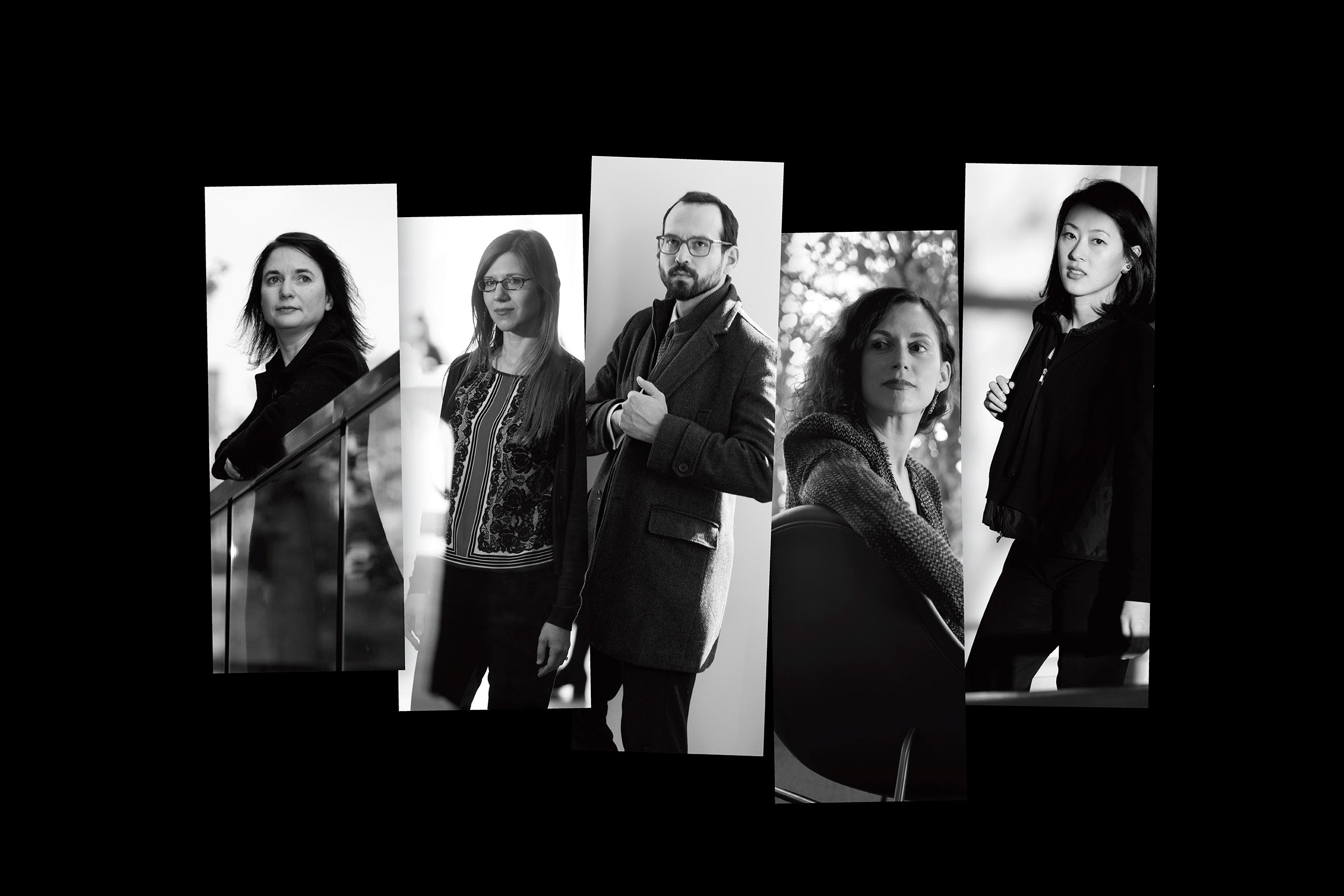In light of the growing salience of criminal justice issues—such as mass incarceration, police shootings, the school-to-prison pipeline, the death penalty, and the private prison industry—Harvard Law School has in the past several years significantly expanded its criminal law program. In 2015, under the direction of HLS Professor Carol Steiker ’86 and Alex Whiting, professor of practice, the Criminal Justice Policy Program was launched to work toward meaningful reforms through legal and policy analysis and partnerships with advocates and policymakers around the country.
In addition, over the past five years, HLS has hired five new lawyer-scholars with diverse interests and expertise in the field of criminal justice: Andrew Manuel Crespo ’08, Elizabeth Papp Kamali ’07, Anna Lvovsky ’13, Daphna Renan, and Crystal Yang ’13. Through teaching and scholarship, including law review articles and publications for a broader audience, they are already influencing the national conversation on our criminal law system. They add to the academic and clinical work being done in this area by HLS faculty, including at the school’s Criminal Justice Institute and Charles Hamilton Houston Institute for Race and Justice.
“Our strategy was to grow our own criminal justice experts, so we are cultivating this crop of young scholars who form an incredible bouquet of different disciplinary takes,” says Steiker, whose 2016 book, “Courting Death,” focuses on the Supreme Court’s efforts to regulate the death penalty. “They’re all looking at the same large-scale institution—the criminal justice system—but they bring very different perspectives.”
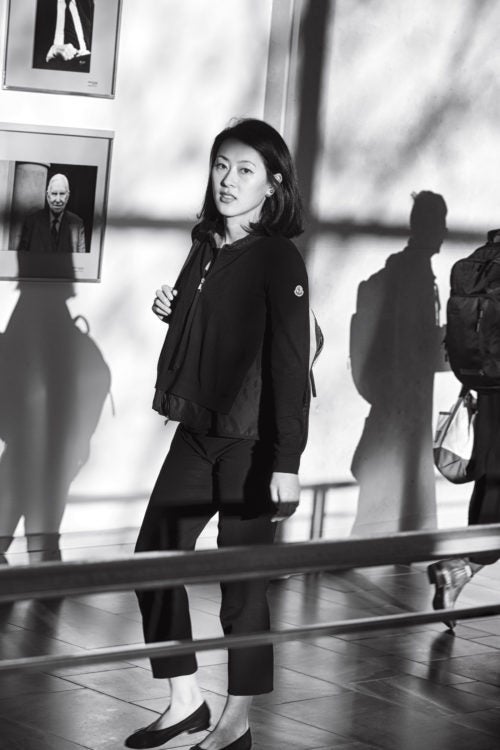
Crystal Yang
An Empirical Approach
Assistant Professor Crystal Yang ’13, who joined the HLS faculty in 2014, brings an empirical focus to the study of criminal law. Yang, who holds a Ph.D. in economics from Harvard, has in the past focused her empirical studies on criminal sentencing. She has now turned her attention to the extensive use of cash bail and pretrial detention in the U.S., in order to understand their short- and long-term consequences.
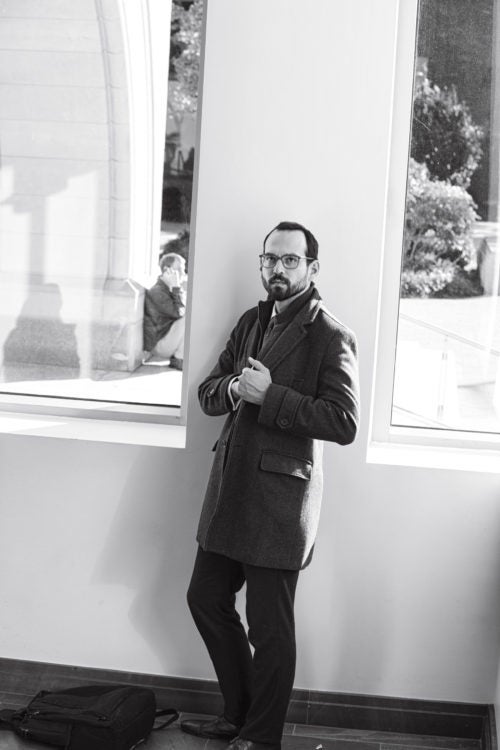
Andrew Manuel Crespo
Practice Meets Theory
As staff attorney with the Public Defender Service for the District of Columbia for more than three years, Assistant Professor Andrew Manuel Crespo ’08 represented adults and juveniles charged with felonies ranging from armed robberies to homicides. Passionate about the work, he had no plans to become an academic. But early in his career, then-Dean Martha Minow engaged him in a life-changing conversation.
Read more about Crespo’s research »
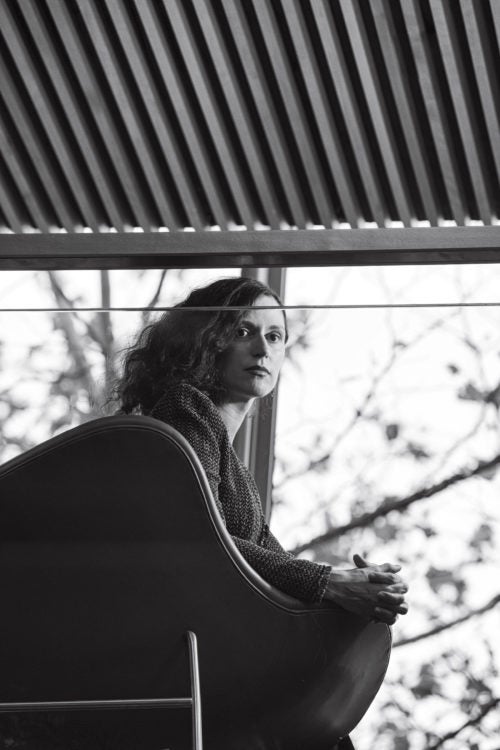
Daphna Renan
Presidential Power, National Security
“I think criminal procedure is a very fundamental part of the constitutional law of democracy,” says Assistant Professor Daphna Renan, who writes about structural constitutional law, administrative law, and the Fourth Amendment. “When can the government use force against its own citizens? When can it search individuals, communities and communications? How do emergent technologies challenge existing legal frameworks? For anyone who cares about power and how law constrains and enables it, there are no more pressing questions than these.”
Read more about Renan’s research »
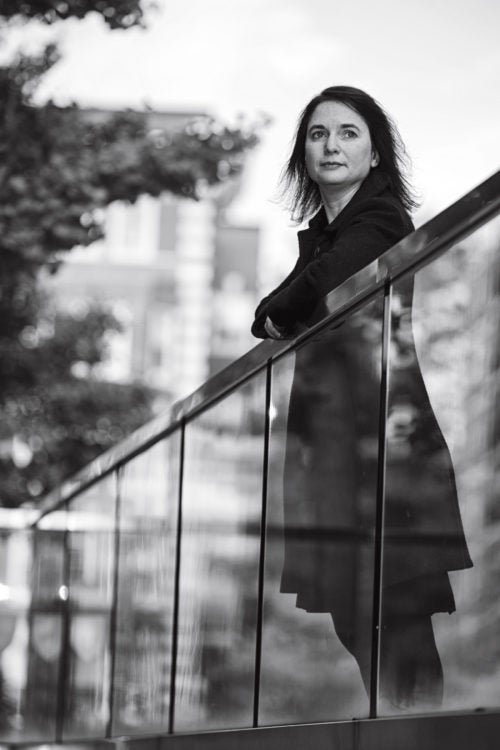
Elizabeth Papp Kamali
Medieval England’s Lessons for Today
There are more than 2 million people imprisoned in the U.S. today. One hundred years from now, historians are likely to be fascinated by this carceral state: How did we get here? Are there better options for society? Elizabeth Papp Kamali believes that some of the answers—or, at least, possible alternatives—may lie in an examination of medieval England.
Read more about Kamali’s work »
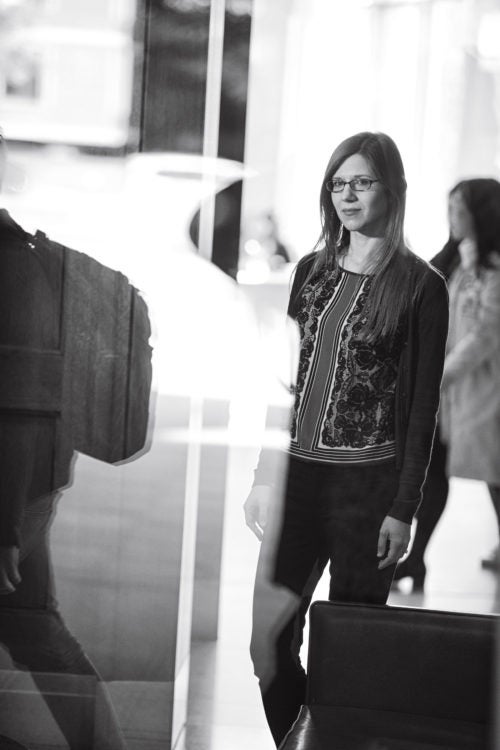
Anna Lvovsky
Police Power in the System
Assistant Professor Anna Lvovsky ’13, who joined the HLS faculty in 2017, always planned to teach. A legal historian—she holds a Ph.D. from Harvard—with a focus on the administration of criminal justice, she teaches a seminar on the history of policing in the U.S. as well as courses on evidence and criminal law that invite students to focus on the systemic effects of seemingly neutral legal rules.
